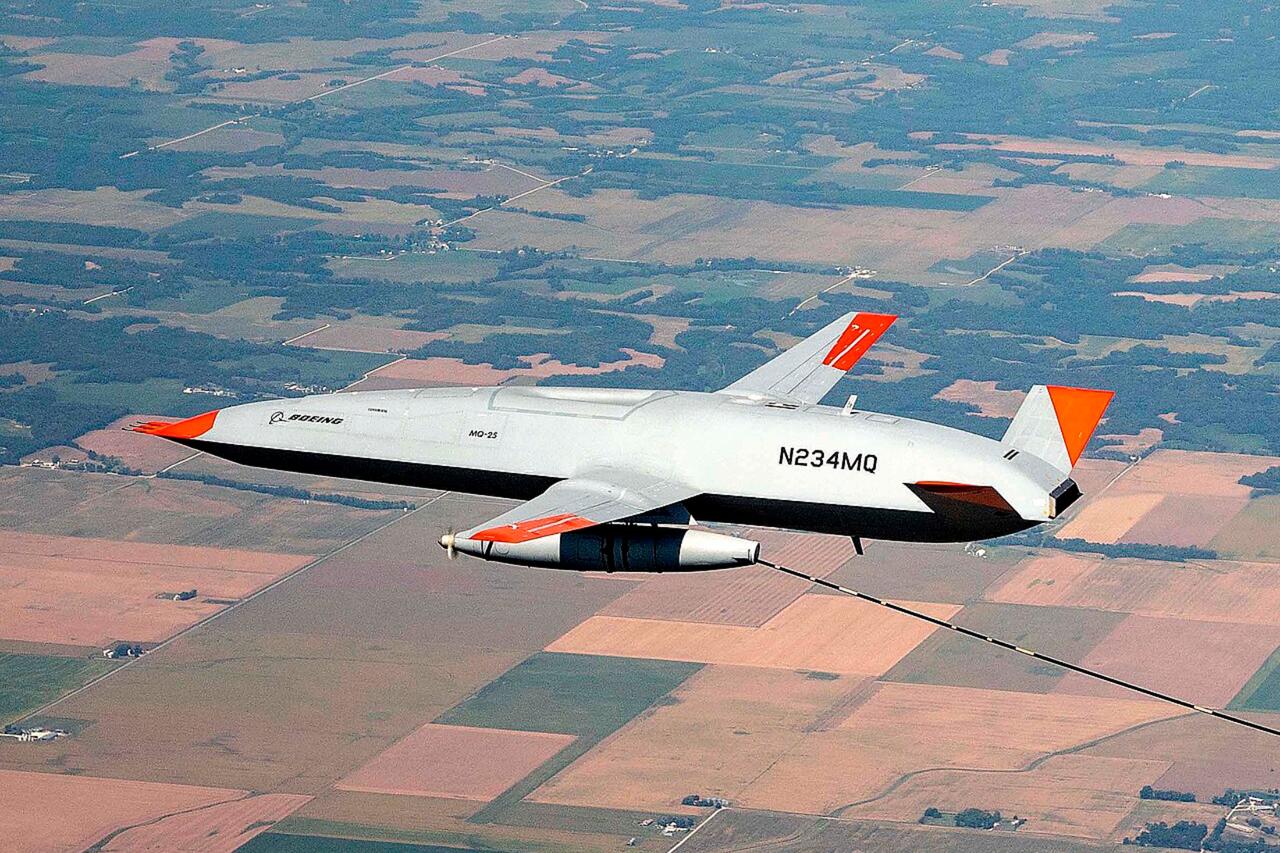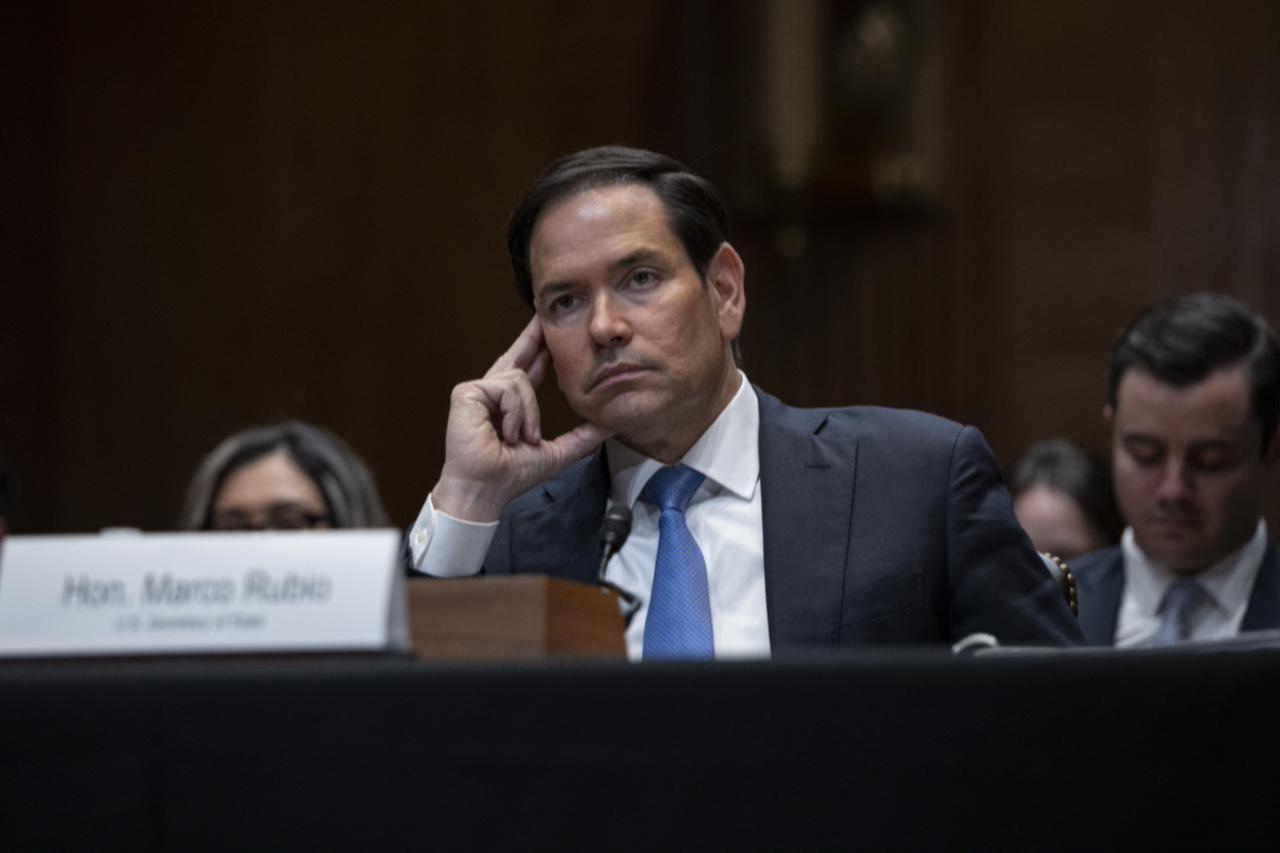
The Trump administration on Monday loosened decades-old restrictions on U.S. drone exports, aiming to enhance American competitiveness in the global unmanned aircraft market while accelerating foreign sales approvals.
The State Department announced that unmanned aerial systems will now undergo the same export review process as manned fighter aircraft like F-16s, rather than being subject to the stricter controls applied to missile systems. The change marks a significant departure from limitations established under the 1987 Missile Technology Control Regime.

Secretary of State Marco Rubio authorized the policy reinterpretation as part of broader arms sales reforms outlined in President Trump's April 9 executive order targeting defense trade modernization.
The move reflects the administration's push to strengthen America's defense industrial base while expanding the network of allied nations equipped with U.S. military technology. By streamlining the approval process for drone exports, officials expect to open new international markets for American manufacturers who have faced lengthy bureaucratic delays.
"This policy shift supports the President's objective to maintain the world's strongest and most technologically advanced military through a dynamic defense industrial base and a robust network of capable partners and allies," the State Department's Bureau of Political-Military Affairs said in a statement.
The bureau added that "by treating arms transfer reviews of UAS in a similar manner to manned fighter aircraft, the Department will be able to more efficiently adjudicate foreign defense sales requests, opening new markets for the U.S. UAS industry."
The policy adjustment comes as the United States seeks to maintain its technological edge in an increasingly competitive global defense market, where allies and partners are looking to modernize their military capabilities with advanced unmanned systems.